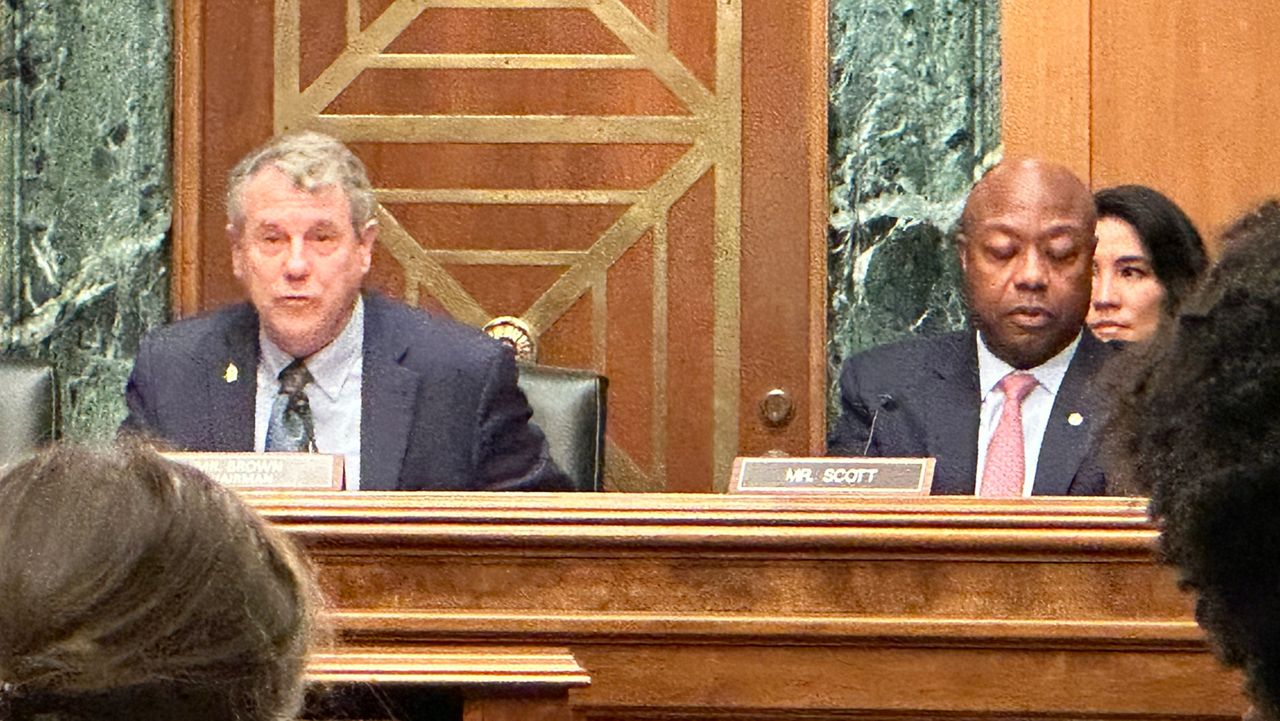DELAWARE, Ohio — Ohio is about to enact stricter laws when it comes to children's use of social media. On Jan. 15, Ohio’s Social Media Parental Notification Act will go into effect.
The law requires social media companies to obtain parental consent for minors under 16 years old to use their platform. It was signed into the 2023 fiscal budget to provide extra guardrails for younger kids using social media platforms.
What You Need To Know
- Ohio's Social Media Parental Notification Act will go into effect on Jan. 15, 2024
- The new law will force parents to give consent to their children under 16 years old to use social media sites
- The social media companies need to comply, or else they could face civil penalties
The onus is on the social media companies to determine if users are too young to use their site. The social media companies will be able to determine ages based on credit card information, government issued ID, or connecting via video chat. Once that happens, parents or guardians can consent by signing a form to let their child use the site.
Ryan Gill created a pledge with his son to keep him off social media. It came after he heard a story of a boy in the community who died by suicide, after talking to a stranger on Instagram.
“The boy gave up personal information about his family,” Gill said. “And that person on the other end was a predator and turned, flip the script and use that personal information against him to make him feel like his family was threatened. And, the kid felt so much guilt and did not speak to his parents about it. He internalized it.”
Gill said social media use could have an adverse effect on minors and potentially lead to everything from stranger danger to cyberbullying. He also shared his pledge idea with other parents in his son’s class through email. Now, his son’s classmates have taken an oath to not use social media.
“Children cannot see the world in a logical way and really see the reality of a situation,” Gill said. “Instead, they can they conjure up things that really aren’t true, whether it be about themselves or about other people. That’s what plays into the overall mental health issue of it.”
Gill supports the new law and said it’s a step in the right direction to protecting children statewide. He said it gives parents a chance to oversee what’s happening in their child’s personal life. The parent can then spot red flags and have serious conversations with their child. Gill believes it could stop a dangerous situation from occurring.
“No 10 year old should ever lose their life over this,” Gill said.










